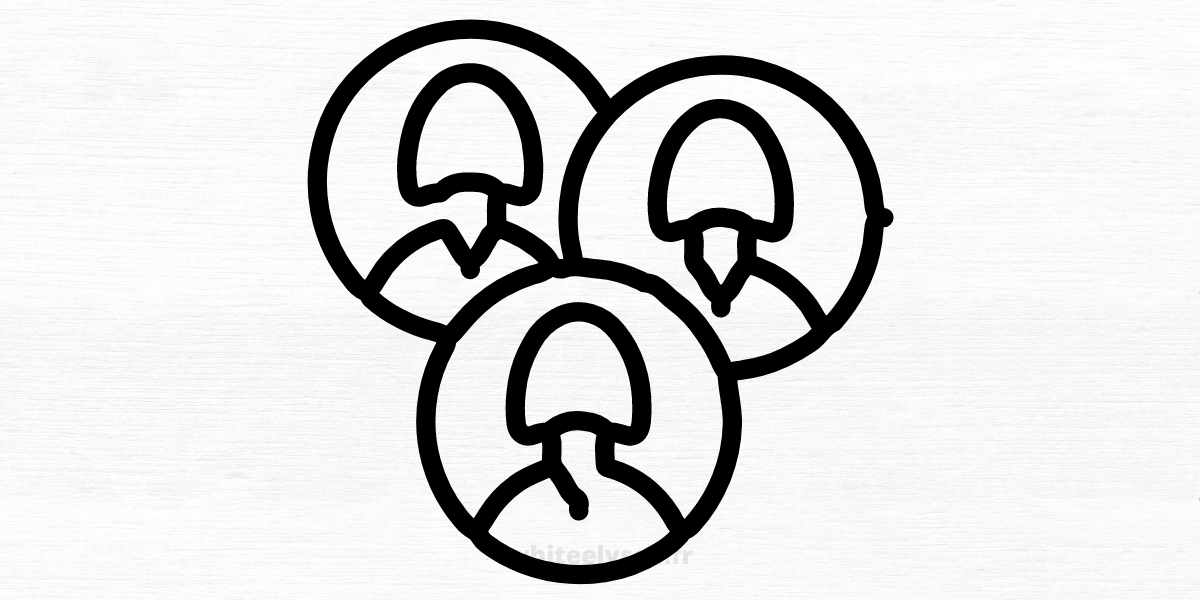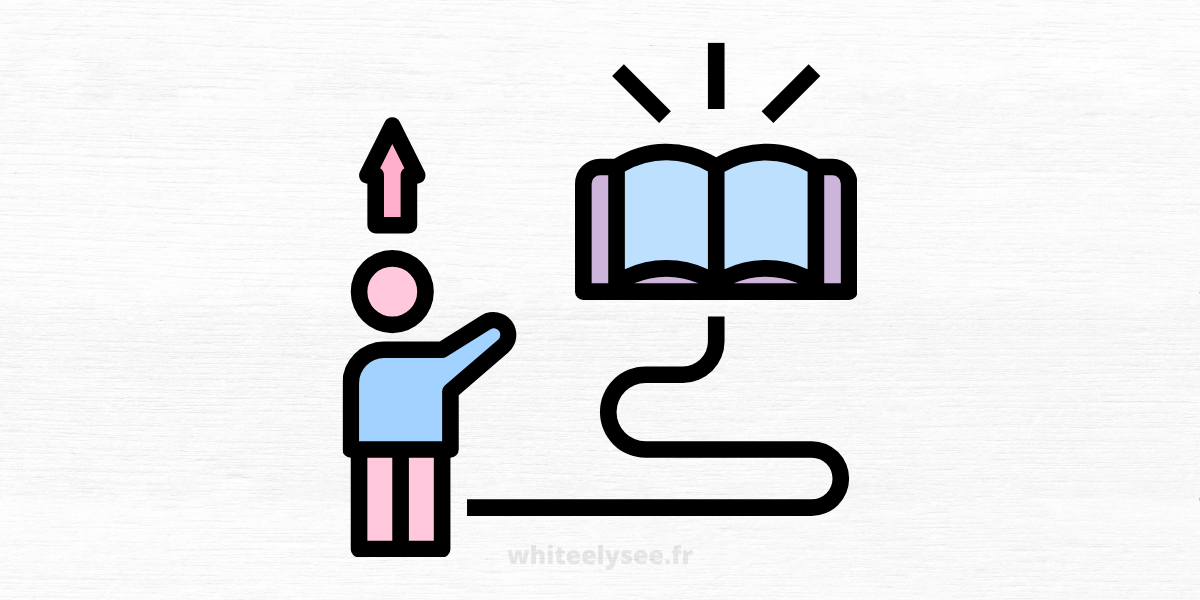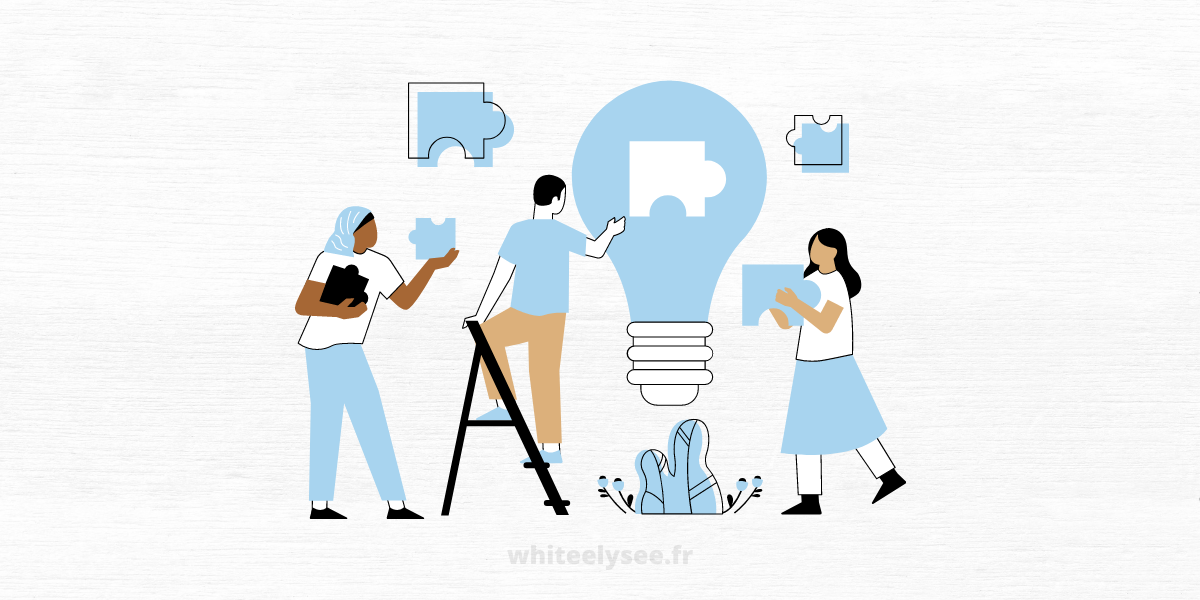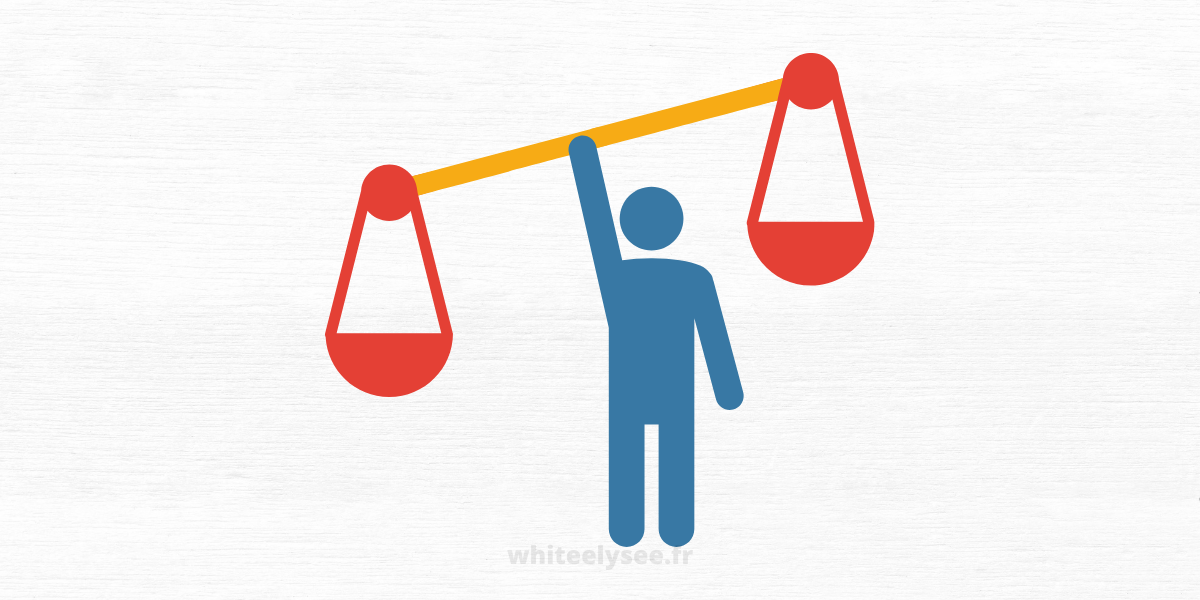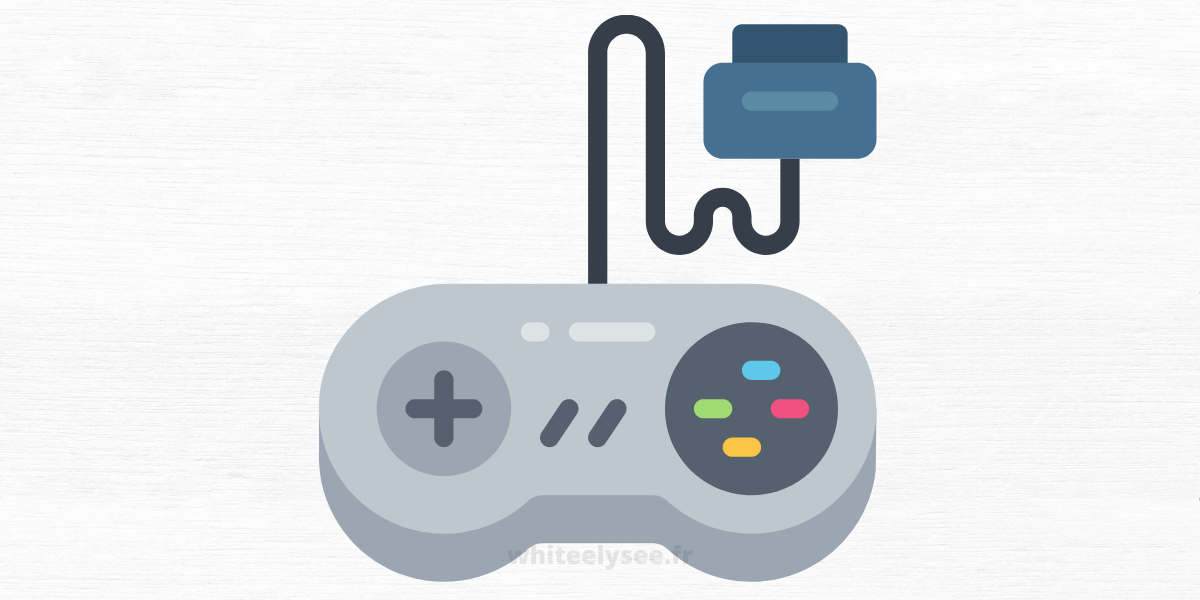
Communication is an integral aspect of our lives. We communicate with one another every throughout the day. Recognizing, acknowledging, and accepting different ways to communicate can bring an enormous boost to the performance of spouse, friend, employee or leader, supervisor, trainer, as well as as a team participant. Different people have different ways in which they take in and interpret information and their perspectives on the world around them. As we increase our understanding, awareness, and appreciation of the various aspects of communication, we will see improvements in our interactions with others.
The Extrovert and the Introvert are two distinct kinds of people in their communications styles.
Extraverts are attracted by lively and exciting conversations that are quick and often interrupt their thoughts while they think and expand their thoughts. Introverts are attracted through quiet discussions that provide the room to reflect. Conversation speed slows, and it takes the time needed to think and process ideas in their heads. Extraverts’ style of communication does not allow the time to think and reflect before they express their thoughts. Extraverts enjoy their ability to “think with an ebullient voice” and don’t realize that introverts can’t respond quickly to conversations. Introverts prefer processing information. The extrovert’s response can be that the introvert’s reaction is not one that is stimulating for the extrovert.
How do Introverts and extroverts share specifics?
When Introverts share information with others, they’ve considered and considered. When they are in thinking in the “thinking in the loud” type of person, they may not give the information the proper evaluation it deserves. Furthermore, introverts might concentrate too much on the thoughts of other people and not realize that they hear themselves think, and have to consider the information in this way. This can cause issues in both situations since Extroverts may miss crucial contributions made by introverts. Introverts could be enticed to consider what Extroverts have to say too seriously and make decisions as a result of the information.
Communication disputes can result in conflict.
Communication differences can be particularly risky when it comes to conflicts, as extroverts are more likely to settle the issue quickly, whereas introverts require time to think about the situation before offering opinions on possible options. Because each option requires something another type of person isn’t familiar with, tension can increase. Extraverts may get anxious and want to take an instant decision without allowing time to introverts, who must analyze the facts and make a decision.
Extraverts and communications
Strengths
Positive and active
Keep a mental sketch of the
Give a wealth of information
Network well
Communication Approach
Join groups at your leisure.
You could be thinking about it loudly
I enjoy having discussions on a range of topics
Interrupt often during discussion
In the case of communicating with non-external users
Listen attentively
Be alert and flexible
Be energetic & enthusiastic
Help them share their thoughts
Introverts pose a major issue in the area of communication
Strengths
Quiet, reflective presence
Make sure you take your time and reply thoughtfully.
You’ve heard of some people
Listen to music without interruption
Communication Approach
Pay attention to more than you speak
Talking one-on-one
It is essential to take the time to think before taking action
Use data to process internally
In the context of interacting with introverts
They must respect their privacy
Give them time to change the center of attention
You can ask questions or draw them out
Don’t expect an immediate response.
With a careful study of the characteristics of an extrovert and Introvert with a bit of experience, our interactions are positive and beneficial, adding harmony to our lives, personal and professional.
